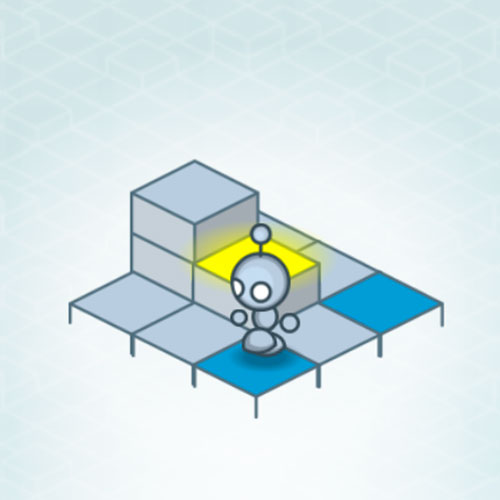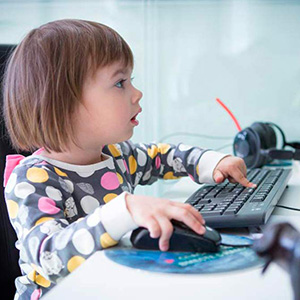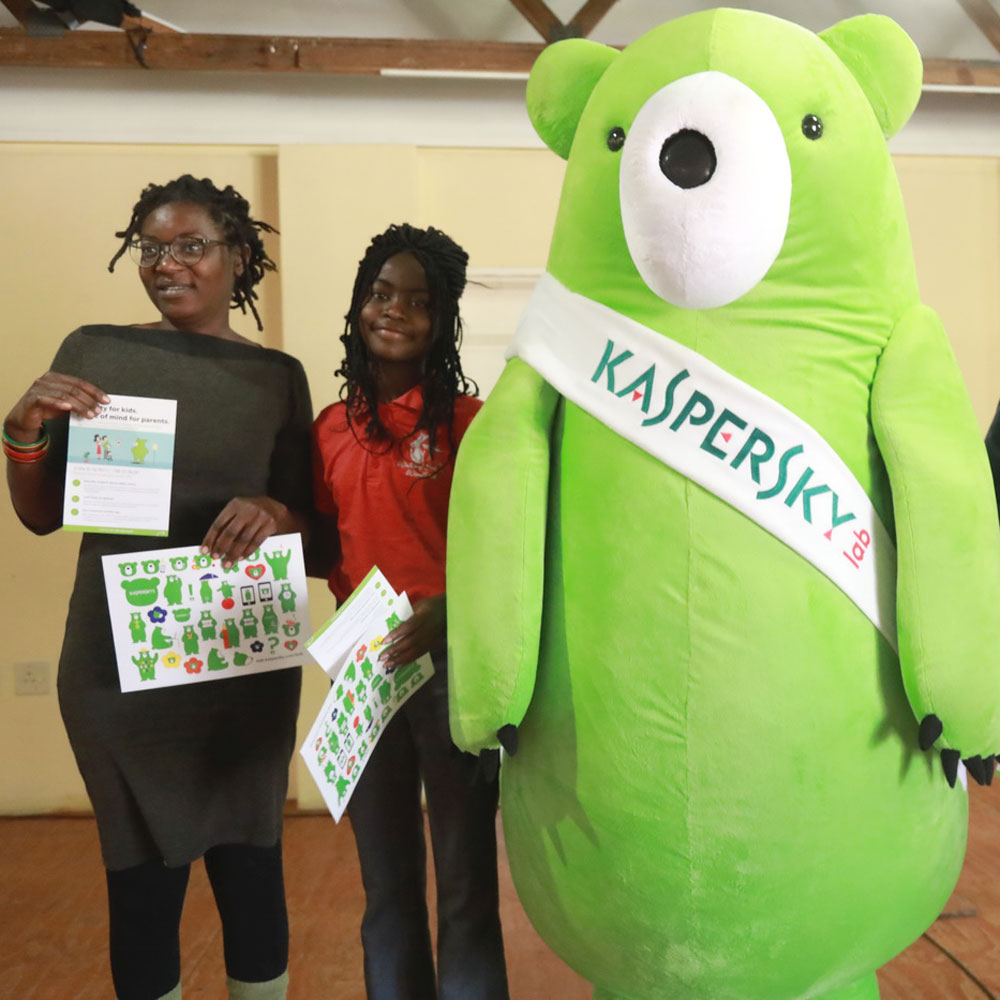6
Once a teenager has learned
to program,
what's next?
If a child is really keen on programming, you could consider enrolling him or her in a specialized university. There is such a high demand for programmers that just having experience and a significant number of completed projects could get you a job even without a diploma. Nevertheless, higher education will build a strong theoretical background and a diploma from a prestigious university would make it easier to get a position and promotion in a large company.
In the US some of the best programs in Computer Science are available at Carnegie Mellon, Massachusetts Institute of Technology (MIT), Stanford, UC Berkeley and others. In Europe, according to the Times Higher Education, the top three universities for programmers are Oxford, Cambridge and the ETH Zurich (Swiss Federal Institute of Technology).

















 Facebook
Facebook
 VK
VK
 Twitter
Twitter



